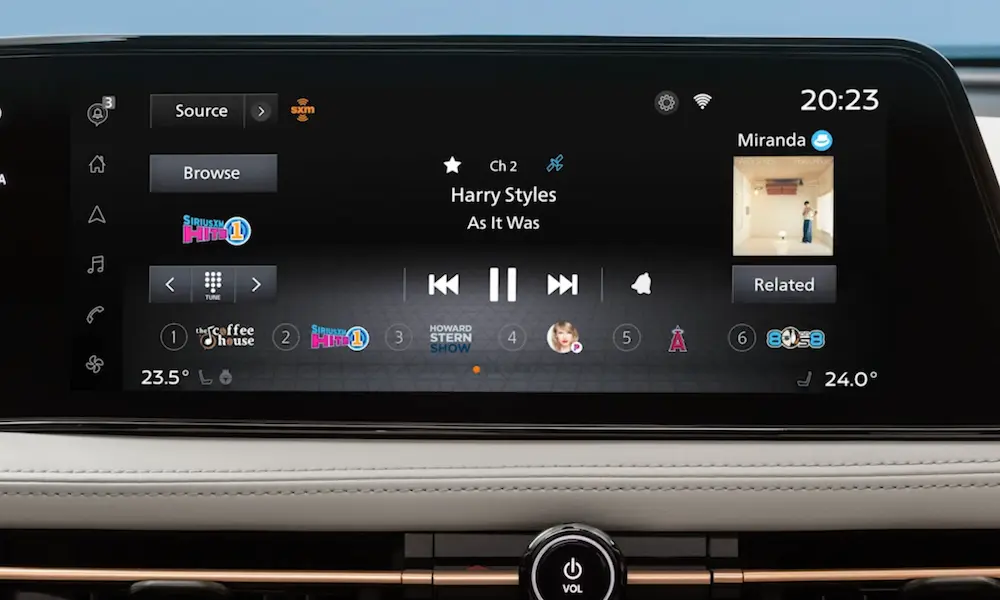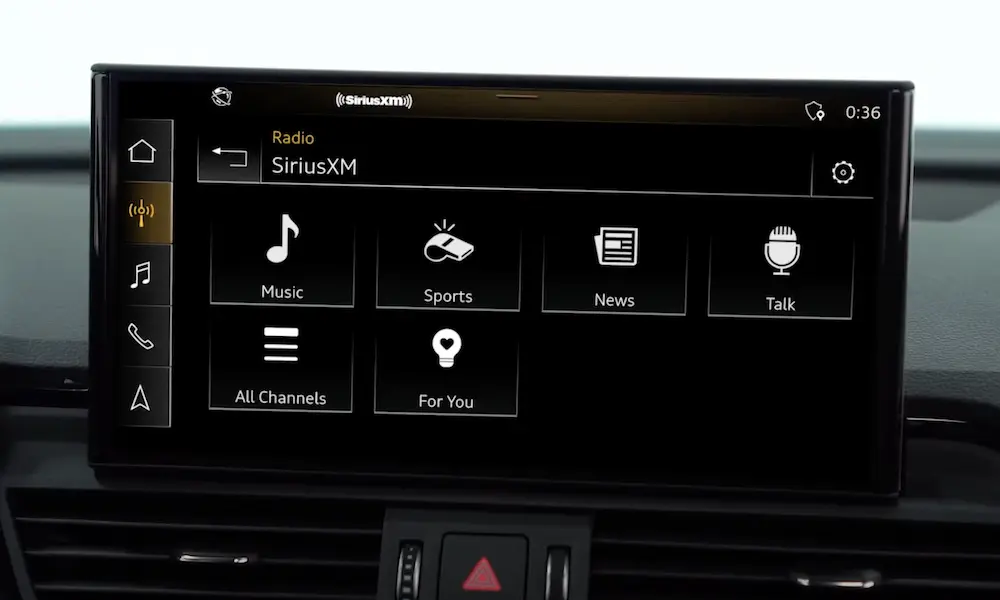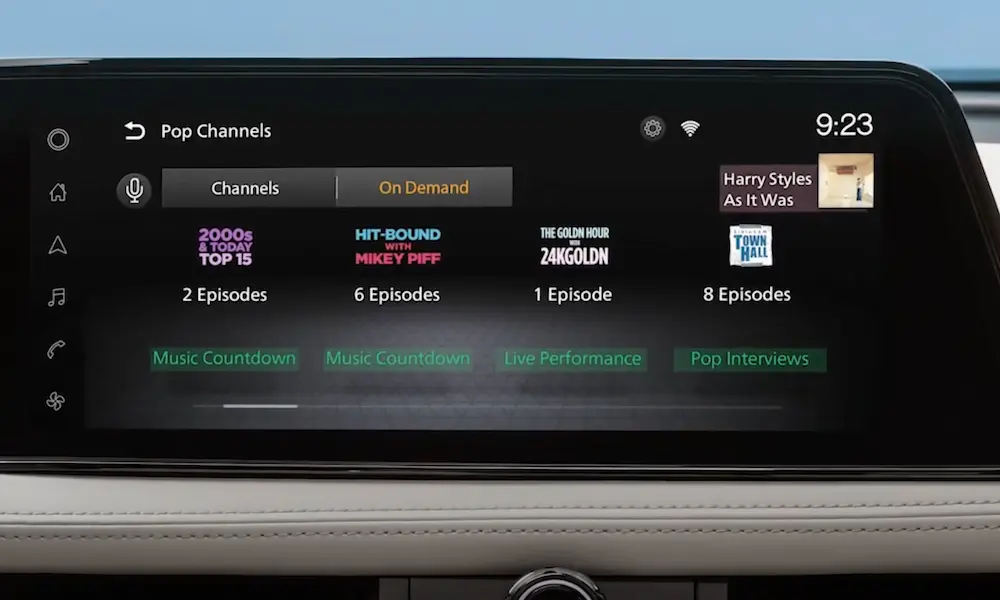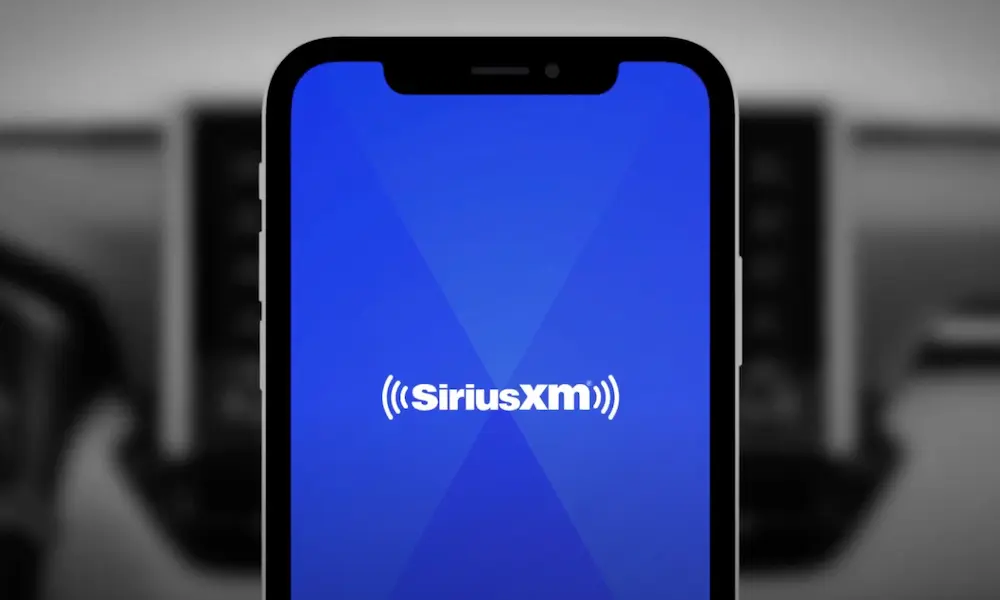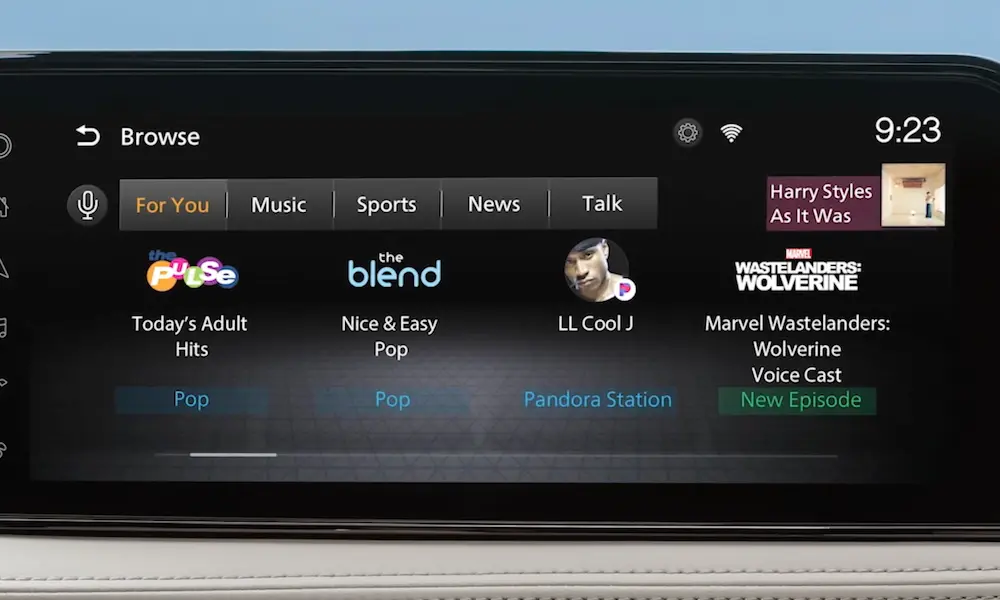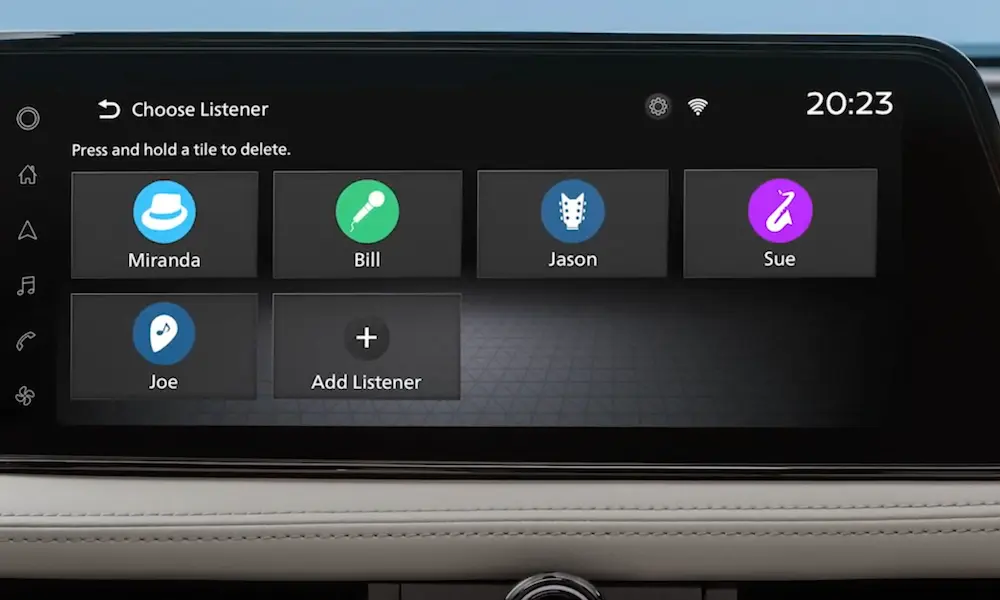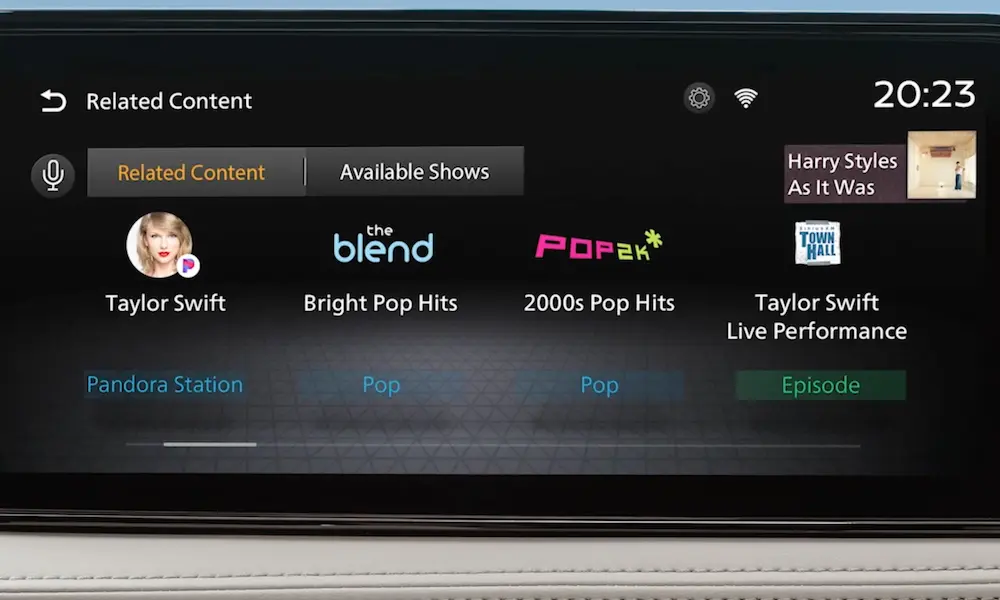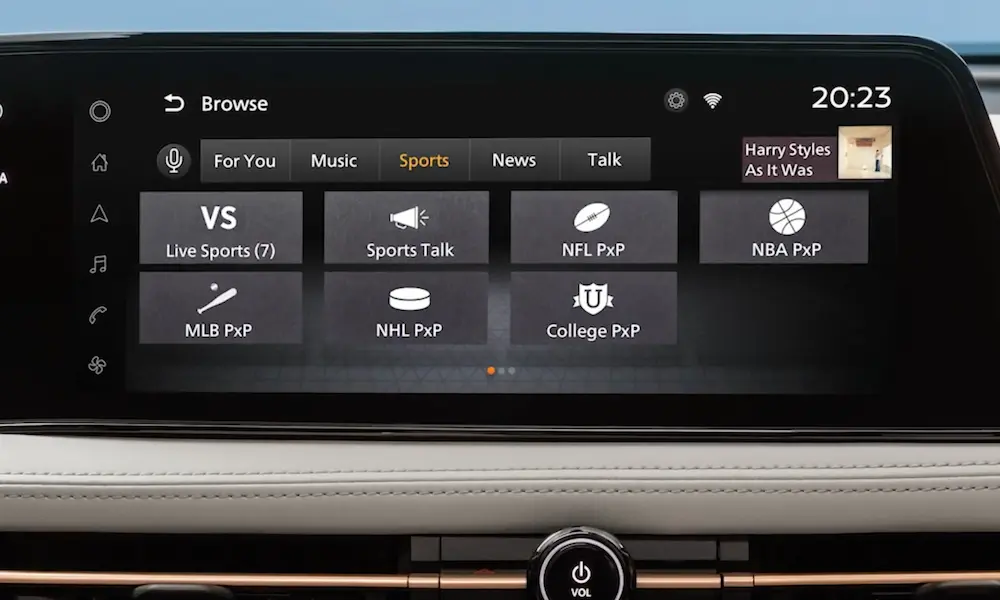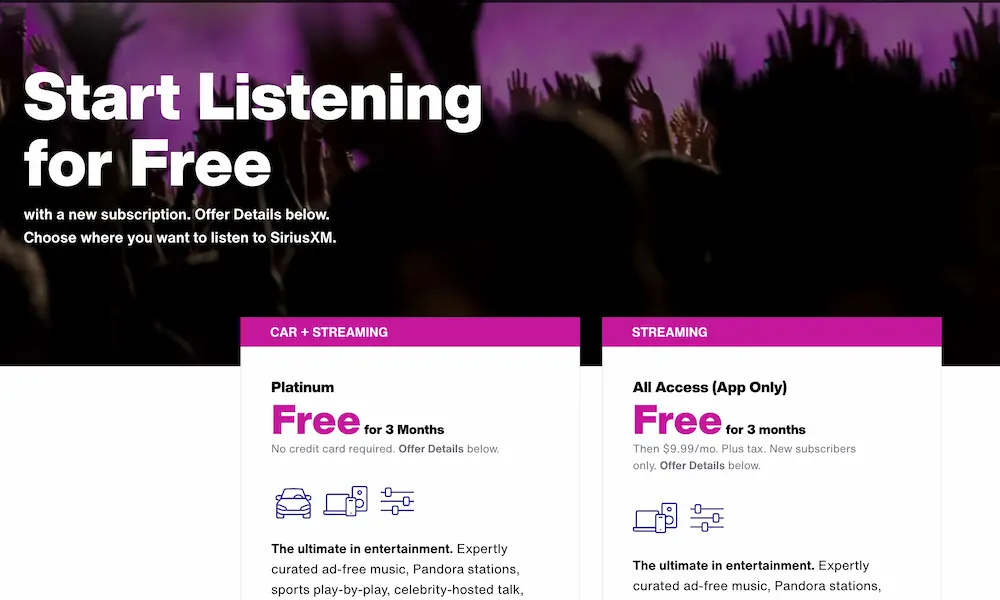Trying to choose between SiriusXM and Spotify? You’re facing a decision between two completely different approaches to audio entertainment. While both services let you listen to music and other content, they operate on fundamentally different models that could make one far better suited to your specific needs.
I’ve broken down the key differences between these platforms to help you figure out which deserves your subscription dollars, based on how you actually listen to music and audio content.
The Core Difference: Radio Experience vs Music Streaming
SiriusXM and Spotify represent two distinct approaches to delivering audio entertainment:
SiriusXM functions primarily as a satellite radio service with professional curation and live broadcasting. It delivers hundreds of channels through both satellite transmission (directly to vehicles and compatible receivers) and internet streaming. This dual-delivery system ensures reliable coverage even when you’re driving through areas with poor internet connectivity.
Spotify operates as an on-demand streaming platform where you control exactly what plays next. With over 100 million songs and 50,000 podcast episodes, it puts complete control in your hands while using algorithms to help you discover new music based on your listening history.
As one Reddit user perfectly summarized, “If I had to choose, I’d consider whether I wanted to discover new music that I can control (Spotify), or have more of a ‘background music’ experience that I can just turn on and work, clean, etc. (SiriusXM).”
Content Libraries: Size vs Exclusivity
Spotify’s Massive On-Demand Catalog
Spotify’s library includes:
- Over 100 million songs from virtually every genre and era
- Personally tailored playlists generated by algorithms
- User-created playlists you can discover and share
- Expanding podcast library (both exclusive and widely available)
- Audiobooks (available for additional purchase)
Spotify’s strength lies in its flexibility—you can jump between individual tracks, create specialized playlists for different moods or activities, and share music with friends. The recommendation engine continuously suggests new content based on your unique listening habits.
SiriusXM’s Curated Channels and Exclusive Programming
SiriusXM takes a completely different approach:
- Hundreds of curated channels organized by genre, theme, or content type
- Expert-hosted music stations with professional DJs
- Exclusive talk programming, including the iconic Howard Stern Show
- Live sports coverage for NFL, MLB, NBA, NHL, and college sports
- Celebrity-hosted shows not available on other platforms
- Growing podcast offerings through SiriusXM Podcasts+
Rather than selecting individual tracks, you choose channels curated by experts, providing a more passive but often surprising listening experience. For sports fans especially, SiriusXM offers comprehensive live game coverage that Spotify simply doesn’t provide.
Price Comparison: Fixed Rates vs Negotiable Plans
Spotify’s Straightforward Pricing
Spotify keeps pricing simple and transparent:
- Free: Ad-supported listening with limited features
- Premium Individual: $10.99/month for ad-free listening and downloads
- Premium Duo: $14.99/month for two people at the same address
- Premium Family: $16.99/month for up to six accounts
- Premium Student: $5.99/month with verified status
What you see is what you pay—no negotiation or promotional rate expiration surprises.
SiriusXM’s Variable Pricing Structure
SiriusXM takes a more complex approach:
- Plans officially start at $9.99/month (after promotional periods)
- All Access package includes both vehicle and streaming access
- Streaming-only plans range from $4.99 to $9.99 monthly
- SiriusXM Podcasts+ available separately for $5.99/month or $44.99 annually
Here’s where it gets interesting: many subscribers report successfully negotiating significantly lower rates by simply contacting customer service. Rates as low as $4-8 monthly are common, making SiriusXM potentially more affordable than its list price suggests. As one Reddit user noted, “If you don’t need everything, but end up getting it at the same or better rate than a package with fewer channels…even better.”
Audio Quality: Fidelity vs Reliability
Spotify’s Streaming Quality
Spotify offers tiered audio quality options:
- Free tier: Approximately 160 Kbps
- Premium tier: Up to 320 Kbps
While not offering true lossless audio (unlike Amazon Music HD or Tidal), Spotify’s streaming quality is generally considered good for most casual listening situations and effectively balances audio quality with data usage.
SiriusXM’s Broadcast Approach
SiriusXM’s audio quality reflects its origins as a satellite radio service:
- Approximately 64 Kbps bitrate—noticeably lower than Spotify
- Clear and reliable audio designed primarily for in-car listening
- Consistent quality regardless of internet connection (for satellite receivers)
- No hi-resolution audio options
Audiophiles may find SiriusXM’s sound quality less impressive, but it’s optimized for its primary use case—in-vehicle listening where road noise and convenience often take precedence over absolute audio fidelity.
Device Compatibility: Universal Access vs Vehicle Integration
Spotify’s Broad Ecosystem Support
Spotify prioritizes universal accessibility across devices:
- Smartphones and tablets (iOS, Android)
- Desktop applications and web players
- Smart TVs and streaming devices
- Gaming consoles (PlayStation, Xbox)
- Smart speakers and home assistants
- Wearables and automotive systems
Spotify Connect allows seamless transitions between devices, letting you start listening on your phone and continue on your laptop or smart speaker without interruption.
SiriusXM’s Vehicle-First Approach
SiriusXM’s compatibility highlights its hybrid delivery model:
- Built into approximately 80% of new vehicles sold in the US
- Dedicated satellite receivers for vehicles and homes
- Smartphone app for iOS and Android
- Limited compatibility with streaming devices and smart speakers
SiriusXM’s biggest advantage is its seamless in-vehicle integration, providing reliable service regardless of cellular coverage—particularly valuable for long road trips and rural areas where streaming services often fail.
User Experience: Active vs Passive Listening
Spotify’s Interactive Interface
Spotify emphasizes user control and personalization:
- Detailed library organization for saving favorites
- Powerful search functionality for finding specific content
- Home screen with personalized recommendations
- Social features allowing playlist sharing
- Queue management and playback controls
The interface design prioritizes discovery while maintaining user autonomy, creating a highly interactive experience where you actively participate in content selection.
SiriusXM’s Channel-Based Navigation
SiriusXM’s interface reflects its radio-based heritage:
- Channel-centric organization mimicking traditional radio
- Program guides showing current and upcoming content
- Limited on-demand features
- Simpler navigation optimized for in-vehicle use
- Recently expanded features within the mobile app
The SiriusXM experience is generally more passive, prioritizing ease of use while driving or multitasking. This makes it perfect for situations where you want to just press play and not think about what’s coming next.
Target Audiences: Who Benefits Most From Each Service?
Who Thrives With Spotify:
- Active listeners who enjoy selecting specific songs and creating playlists
- Music enthusiasts interested in discovering new artists through algorithms
- Users who listen across multiple devices throughout the day
- Younger demographics comfortable with digital interfaces
- People who value personalized recommendations
Who Thrives With SiriusXM:
- Commuters and frequent drivers who value reliable in-car entertainment
- Sports fans seeking live game coverage and analysis
- News followers interested in 24/7 coverage across multiple perspectives
- Fans of talk radio, comedy, and specialized programming
- Listeners who prefer professionally curated content over algorithm-driven recommendations
Business Performance: Growth vs Stability
The contrasting trajectories of these companies reveal important differences:
Spotify continues to expand rapidly:
- Growing at approximately 11% year-over-year
- Reaching 239 million premium subscribers across 180+ markets
- Expanding beyond music into podcasts and audiobooks
- Investing heavily in exclusive content and creator tools
SiriusXM faces a more challenging growth environment:
- Losing subscribers while Spotify gains them
- Transitioning from pure satellite radio to a hybrid model
- Maintaining strong presence in the automotive sector
- Attracting value investors like Warren Buffett
Making Your Choice: When to Choose Each Service
Spotify is clearly better if you:
- Want complete control over exactly what songs play
- Value discovering new music through smart algorithms
- Listen on multiple devices throughout your day
- Prefer higher audio quality
- Want a straightforward pricing structure
SiriusXM delivers more value when you:
- Spend lots of time driving, especially through areas with poor cell service
- Follow sports and want comprehensive live game coverage
- Enjoy talk radio and exclusive content like Howard Stern
- Prefer a more passive, radio-like experience
- Can negotiate a lower monthly rate (many pay just $5-8/month)
The Hybrid Approach: Why Many Choose Both Services
Many audio enthusiasts maintain subscriptions to both services, recognizing their complementary strengths:
- Using SiriusXM for in-car entertainment and live sports/talk content
- Relying on Spotify for more active listening sessions and music discovery
- Taking advantage of SiriusXM’s negotiable rates to make the dual subscription more affordable
- Benefiting from different content libraries that serve different needs
A commenter on The Brennan Forum summed it up well: “I have both… Spotify for music primarily, and Sirius XM for Howard Stern, some of the talk shows, and the handful of music stations I like.”
A Side-by-Side Comparison Table
| Feature | SiriusXM | Spotify |
|---|---|---|
| Content Approach | Curated channels, live programming | On-demand tracks, algorithmic playlists |
| Library Size | Hundreds of channels | 100+ million songs |
| Standard Pricing | $9.99-$23/month (negotiable) | $10.99/month (individual) |
| Audio Quality | ~64 Kbps | Up to 320 Kbps |
| Vehicle Integration | Excellent (built-in satellite) | Good (requires internet) |
| Exclusive Content | Howard Stern, Live Sports | Original podcasts |
| Offline Listening | Limited | Yes (Premium only) |
| Special Strengths | In-car, rural areas, sports | Control, discovery, audio quality |
The choice between SiriusXM and Spotify isn’t simply about which service is better—it’s about which one better matches your specific listening habits, content preferences, and where you do most of your listening. For many music and audio enthusiasts, the ideal solution involves using both platforms for their respective strengths.


